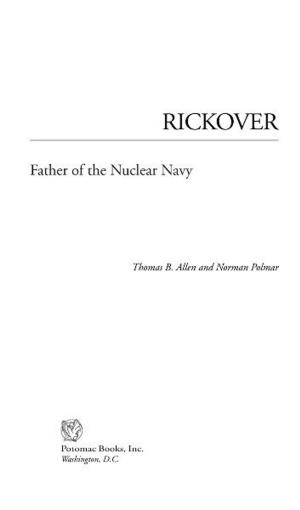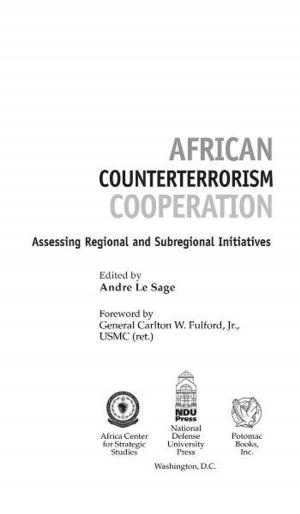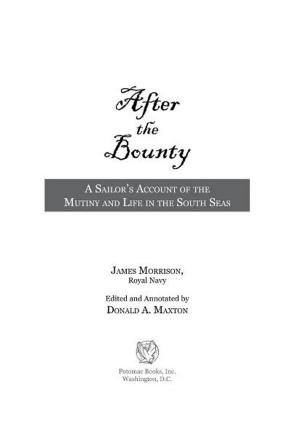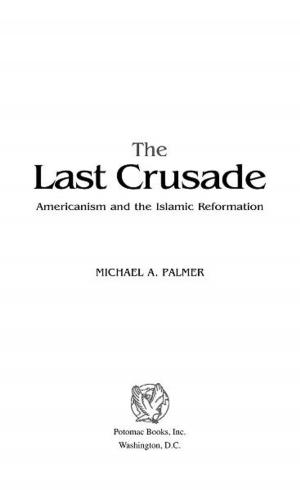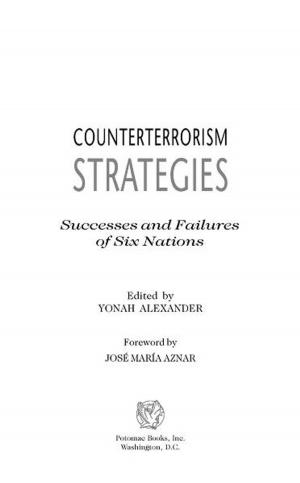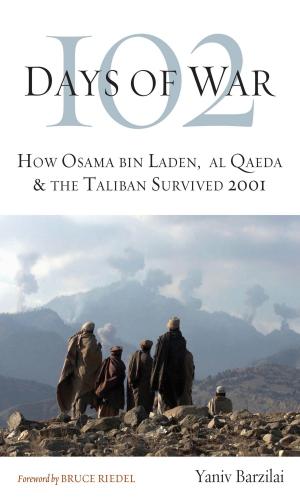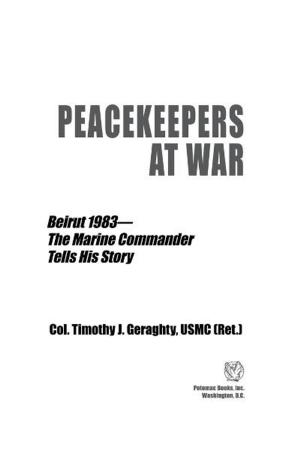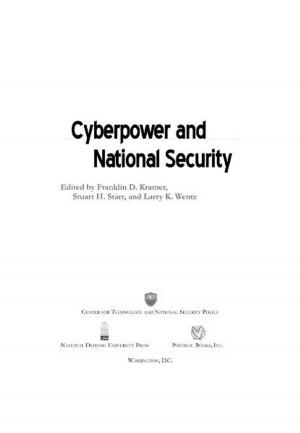Information Operations
Nonfiction, Science & Nature, Technology, Military Science, History, Military, Strategy| Author: | Edwin L. Armistead | ISBN: | 9781597973557 |
| Publisher: | Potomac Books Inc. | Publication: | May 30, 2004 |
| Imprint: | Potomac Books Inc. | Language: | English |
| Author: | Edwin L. Armistead |
| ISBN: | 9781597973557 |
| Publisher: | Potomac Books Inc. |
| Publication: | May 30, 2004 |
| Imprint: | Potomac Books Inc. |
| Language: | English |
The modern means of communication have turned the world into an information fishbowl and, in terms of foreign policy and national security in post-Cold War power politics, helped transform international power politics. Information operations (IO), in which time zones are as important as national boundaries, is the use of modern technology to deliver critical information and influential content in an effort to shape perceptions, manage opinions, and control behavior. Contemporary IO differs from traditional psychological operations practiced by nation-states, because the availability of low-cost high technology permits nongovernmental organizations and rogue elements, such as terrorist groups, to deliver influential content of their own as well as facilitates damaging cyber-attacks (ôhactivismö) on computer networks and infrastructure. As current vice president Dick Cheney once said, such technology has turned third-class powers into first-class threats.
Conceived as a textbook by instructors at the Joint Command, Control, and Information Warfare School of the U.S. Joint Forces Staff College and involving IO experts from several countries, this book fills an important gap in the literature by analyzing under one cover the military, technological, and psychological aspects of information operations. The general reader will appreciate the examples taken from recent history that reflect the impact of IO on U.S. foreign policy, military operations, and government organization.
Conceived as a textbook by instructors at the Joint Command, Control, and Information Warfare School of the U.S. Joint Forces Staff College and involving IO experts from several countries, this book fills an important gap in the literature by analyzing under one cover the military, technological, and psychological aspects of information operations. The general reader will appreciate the examples taken from recent history that reflect the impact of IO on U.S. foreign policy, military operations, and government organization.
The modern means of communication have turned the world into an information fishbowl and, in terms of foreign policy and national security in post-Cold War power politics, helped transform international power politics. Information operations (IO), in which time zones are as important as national boundaries, is the use of modern technology to deliver critical information and influential content in an effort to shape perceptions, manage opinions, and control behavior. Contemporary IO differs from traditional psychological operations practiced by nation-states, because the availability of low-cost high technology permits nongovernmental organizations and rogue elements, such as terrorist groups, to deliver influential content of their own as well as facilitates damaging cyber-attacks (ôhactivismö) on computer networks and infrastructure. As current vice president Dick Cheney once said, such technology has turned third-class powers into first-class threats.
Conceived as a textbook by instructors at the Joint Command, Control, and Information Warfare School of the U.S. Joint Forces Staff College and involving IO experts from several countries, this book fills an important gap in the literature by analyzing under one cover the military, technological, and psychological aspects of information operations. The general reader will appreciate the examples taken from recent history that reflect the impact of IO on U.S. foreign policy, military operations, and government organization.
Conceived as a textbook by instructors at the Joint Command, Control, and Information Warfare School of the U.S. Joint Forces Staff College and involving IO experts from several countries, this book fills an important gap in the literature by analyzing under one cover the military, technological, and psychological aspects of information operations. The general reader will appreciate the examples taken from recent history that reflect the impact of IO on U.S. foreign policy, military operations, and government organization.


